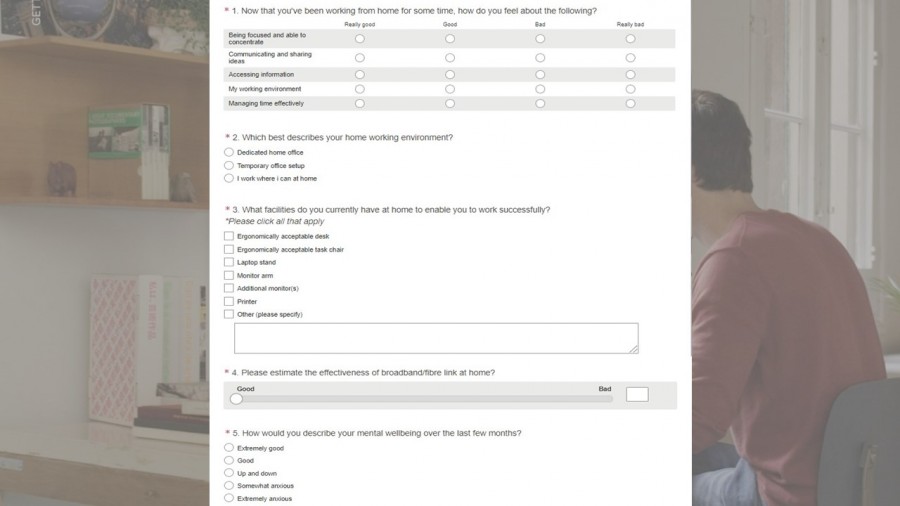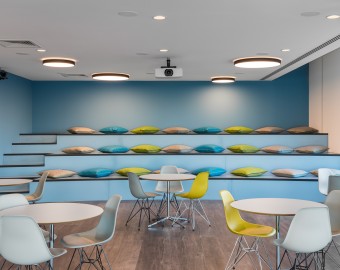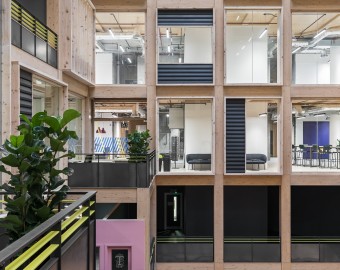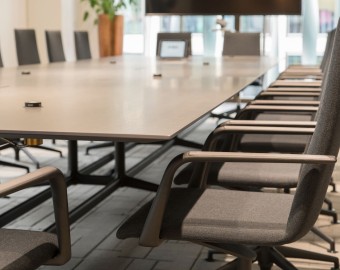Is the fully staffed office a thing of the past?
With a recent BBC survey revealing that 70% of workers polled were of the opinion that they would never return to their offices at the same rate, the working landscape looks set to change forever. A majority of the respondents expressed a preference for working from home at least some of the time, with some saying that they would welcome homeworking as a permanent arrangement. While this may suit individual employees, there is a concern amongst senior management teams – especially those in large corporations – that levels of creativity and collaboration may be compromised with hybrid working.
Senior Leaders' Concerns on Remote Work and Post-Pandemic Office Return
Of 530 senior leaders quizzed in the YouGov survey, around 50% expressed concerns over the threat to creativity and collaboration, in contrast with the 38% of workers who shared that opinion. More than three quarters of the senior leaders – 79% to be exact – stated that it was unlikely that people would ever return to offices at the same rate as before Covid. Clearly fuelled by necessity during the pandemic, the proportion of workers who spent at least some time working from home in 2020 is estimated to have been 37%, an increase of 10% over the previous year.
Variations in Remote Work Preferences Across Different Age Groups
The desire to work from home is also likely to vary from one age group to another. The over 50s, for example, may welcome the opportunity to spend the day in their home office and work around their other commitments, while recent graduates and new starters may find the prospect daunting. The preference for homeworking can also be shaped by other factors, including location, length of commute and the nature of the work, whereby working in a peaceful home environment may be more conducive to concentration and productivity.

Summary
For Carol Chinn, design partner at The Workspace Consultants, while many businesses had no option but to switch to home working during the pandemic, they are now faced with a difficult choice as to how to proceed. ‘There’s no doubt that working from home is efficient and cost-effective, and it will almost certainly suit a sizeable percentage of the workforce,’ says Carol. ‘However, switching to a hybrid – or even to a permanent homeworking – model does have implications in other areas, not least recruitment, training & development, teambuilding and the sharing of creative ideas.
‘On a practical level, of course, there’s also the issue of what happens to the office itself. Do you need as much space? Do you retain desks for every member of staff, even though they may only be coming in for 1 or 2 days a week? Does your office support hybrid meetings? And how do you promote collaboration and social interaction? Do you provide lockers to help with a sense of belonging?
‘There’s no doubt that the working landscape is changing, and it’s doing so very quickly. The issue is that there is no one-size-fits-all solution, and we’re working with clients not only to adapt their current office space to suit a hybrid working model, but also to ensure that they are aware of staff feedback before redesigning their office space. It’s also important to future proof the office space, and to keep it flexible, especially as the numbers of staff returning to work permanently may fluctuate throughout the year, not least in the winter when a rise in covid-19 infections is predicted.’
Get in touch
The Workspace Consultants specialise in office design and project management in Cambridge and London, so if you’re looking to adapt your office space to suit a hybrid model, please contact us today for an initial discussion.




